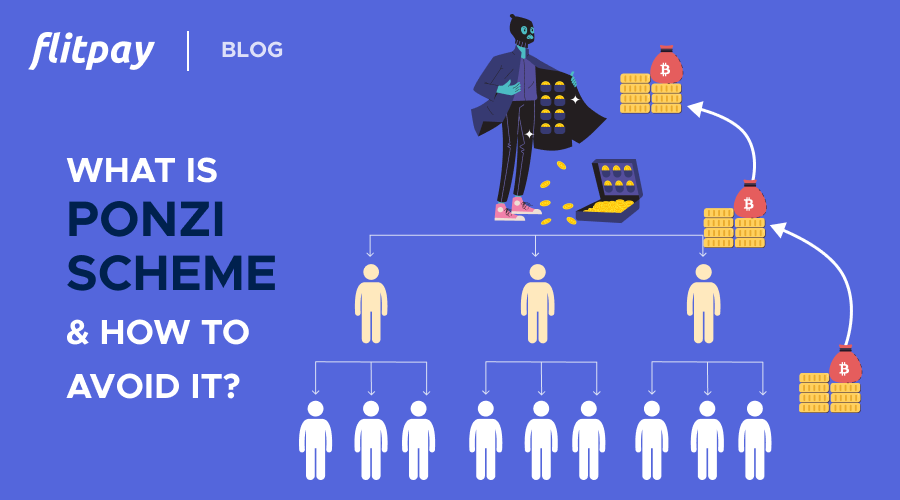
In 2023, Malaysia witnessed a concerning surge in financial scams, as evidenced by alarming statistics reported by the Securities Commission Malaysia (SC). This escalation, marked by approximately 2,873 scam-related complaints in the third quarter alone, underscores the pressing need for intensified vigilance and proactive measures to combat investment fraud in the country.
Rising Trends & Urgent Actions
Responding to this crisis, the SC has ramped up enforcement actions, including updates to the Alert List and the blocking of numerous fraudulent websites and social media accounts.
The Impact Of Financial Scams: A Call For Heightened Awareness

Image via CUInsight
The financial ramifications of these scams are profound, with reported losses amounting to RM27 million in February 2023 and an additional RM100 million lost by 330 victims over a brief two-week period in March 2023. Such figures emphasize the imperative of raising awareness and implementing preventative measures to mitigate the detrimental effects of investment fraud.
The Proliferation Of Scams In The Digital Age

Image via Siccura
Financial scams manifest in diverse forms, exploiting the unsuspecting and vulnerable amid the digital era’s proliferation. Platforms like Facebook, Instagram, and Twitter have become fertile grounds for fraudsters to perpetrate investment scams, capitalizing on fake profiles and groups to lure victims with promises of exclusive opportunities and lucrative returns.
Unveiling Ponzi Schemes: A Persistent Threat

Image via Flitpay
Traditional Ponzi schemes persist as a significant threat, with notable cases involving large organizations affecting hundreds of thousands of individuals and resulting in staggering losses exceeding RM 1 billion annually. The Geneva Gold Futures scandal, entailing RM5.5 billion and 35,000 investors, further illustrates the widespread impact and financial devastation inflicted by such fraudulent activities in Malaysia.
How To Avoid Financial Scam?

Individuals can protect themselves from falling victim to financial scams by cultivating a healthy skepticism and exercising caution, especially when presented with too-good-to-be-true opportunities. Here are some important tips on how to avoid financial scam according to Associate Professor Dr Chong Wei Ying:
- Keep yourself updated about the latest scams and scammers’ tactics. Knowledge is a powerful defense against deception.
- Always verify the legitimacy of emails, messages, or investment opportunities through official channels. Make direct contact with the purported sender or organization using verified contact information.
- When engaging in online transactions or investments, always ascertain that the website has a secure connection (indicated by https://). Ensure the platforms are secure and reputable; and stay alert for any signs of phishing attempts.
- Don’t overshare online. It is important not to post sensitive details such as financial and personal information on social media platforms, as scammers often use this information to target their victims.
- Always consult with qualified financial professionals before making significant investment decisions. They can offer valuable insights and help with identifying red flags.
- If an opportunity seems too good to be true, it probably is. The promise of high returns with minimal risk is a classic indicator of a possible scam.
- If you encounter a scam or suspicious activity, report it to relevant authorities, such as the National Scam Response Centre, NSRC or local law enforcement. Your action may help prevent others from falling victim.
As financial scams persist due to evolving tactics and the vulnerability of individuals, combating this menace necessitates a multifaceted approach encompassing education, technology, legislation, and international cooperation. By collectively addressing these aspects, Malaysia can make significant strides in reducing the prevalence of scams and safeguarding potential victims.
While we are at it, here are 10 tips to avoid job scam.










